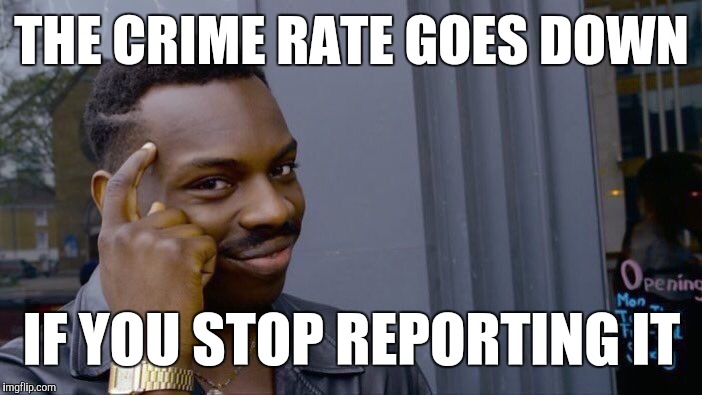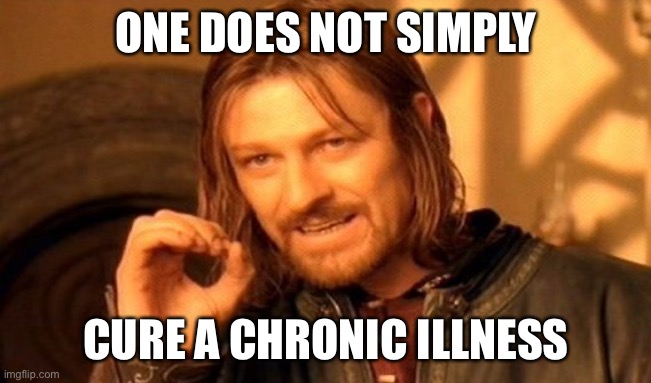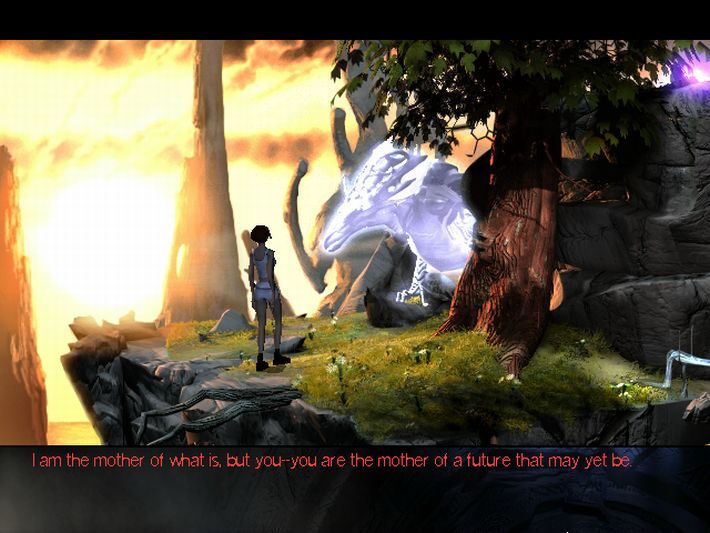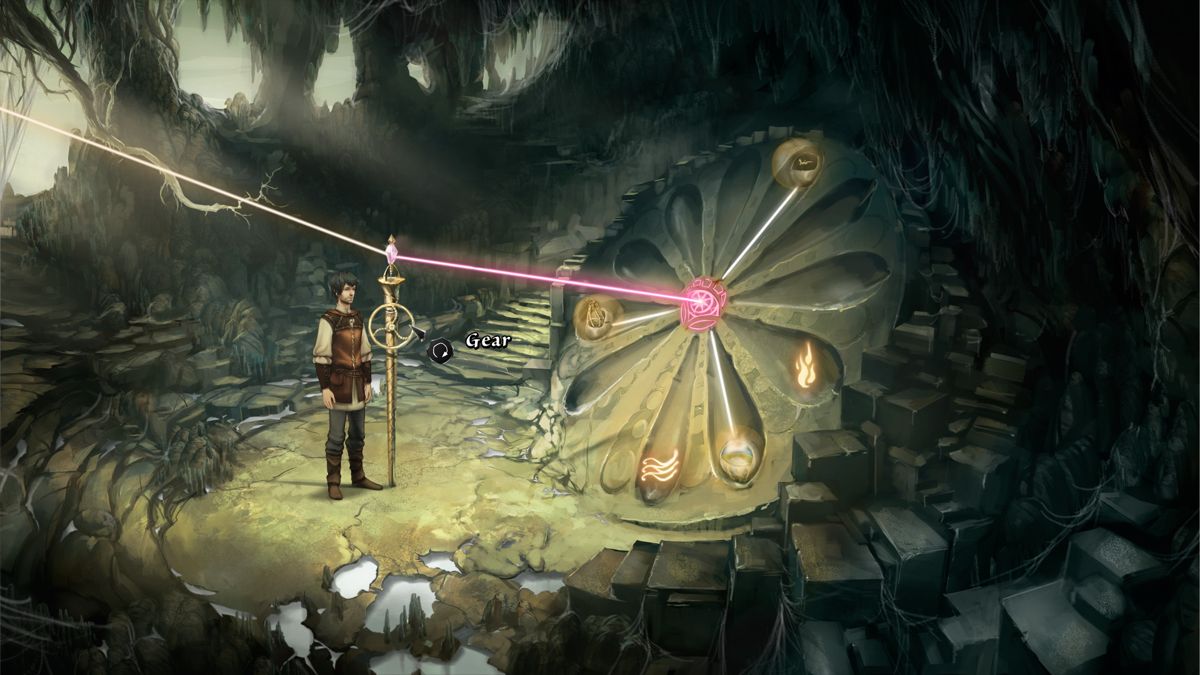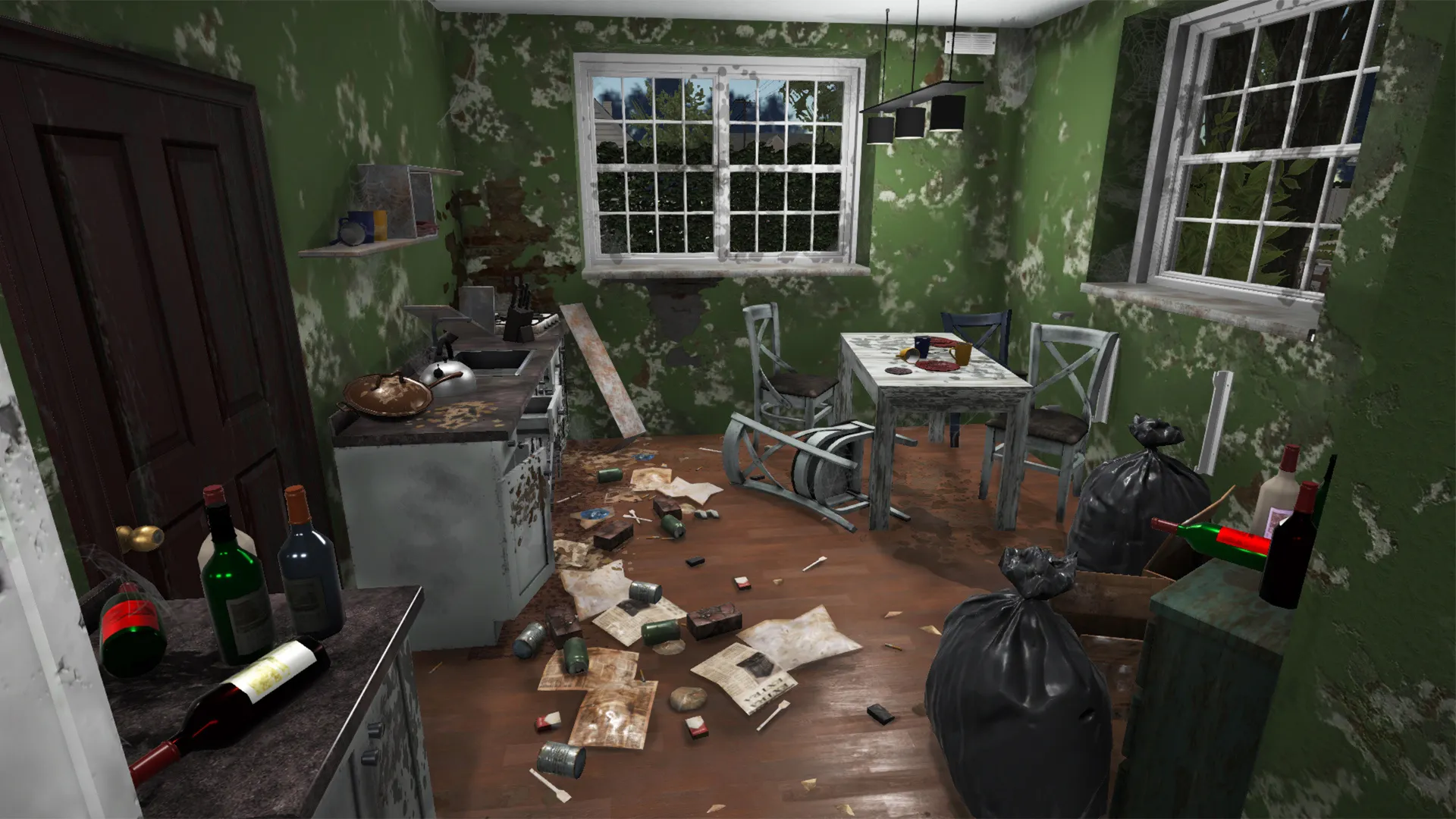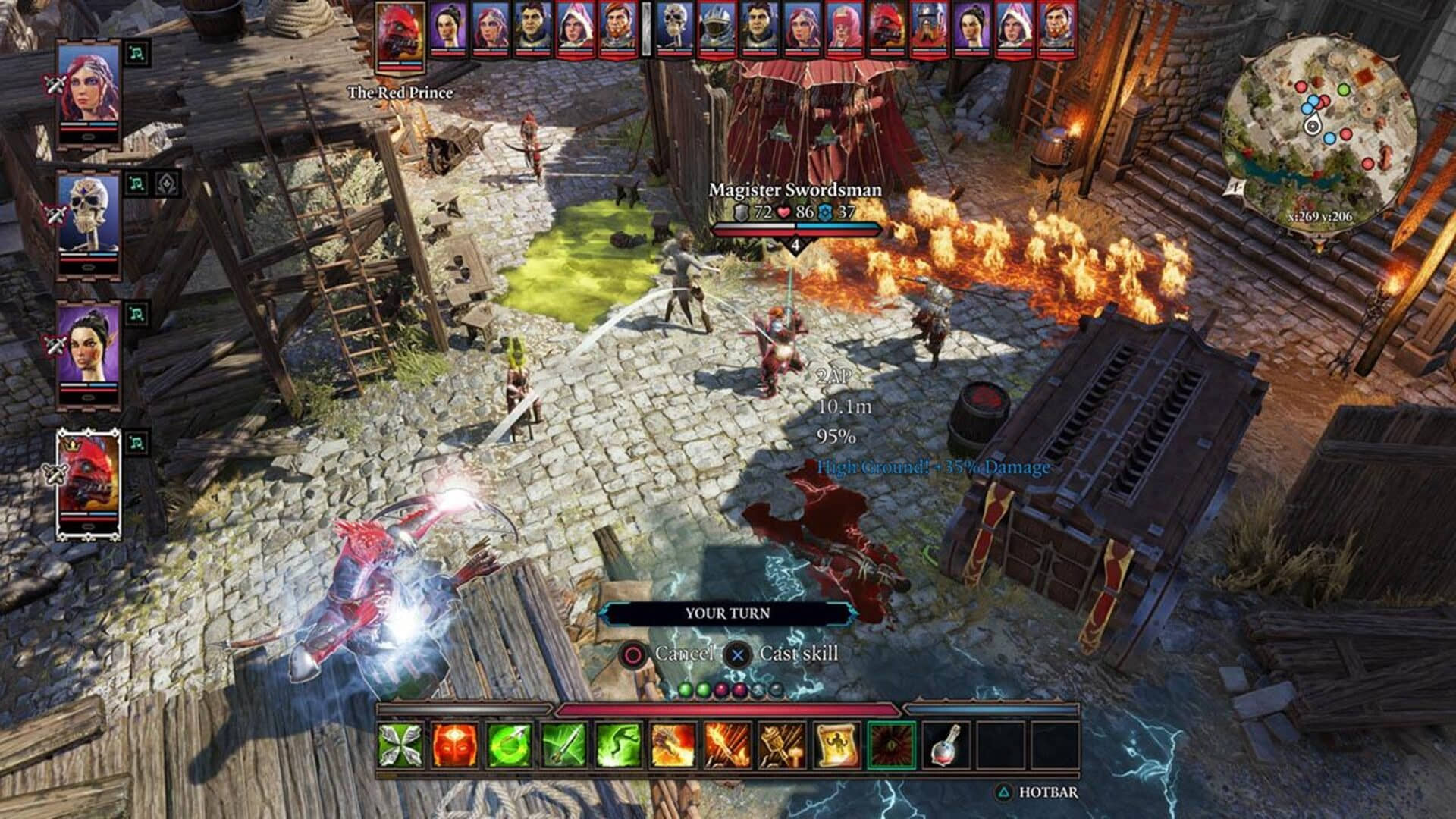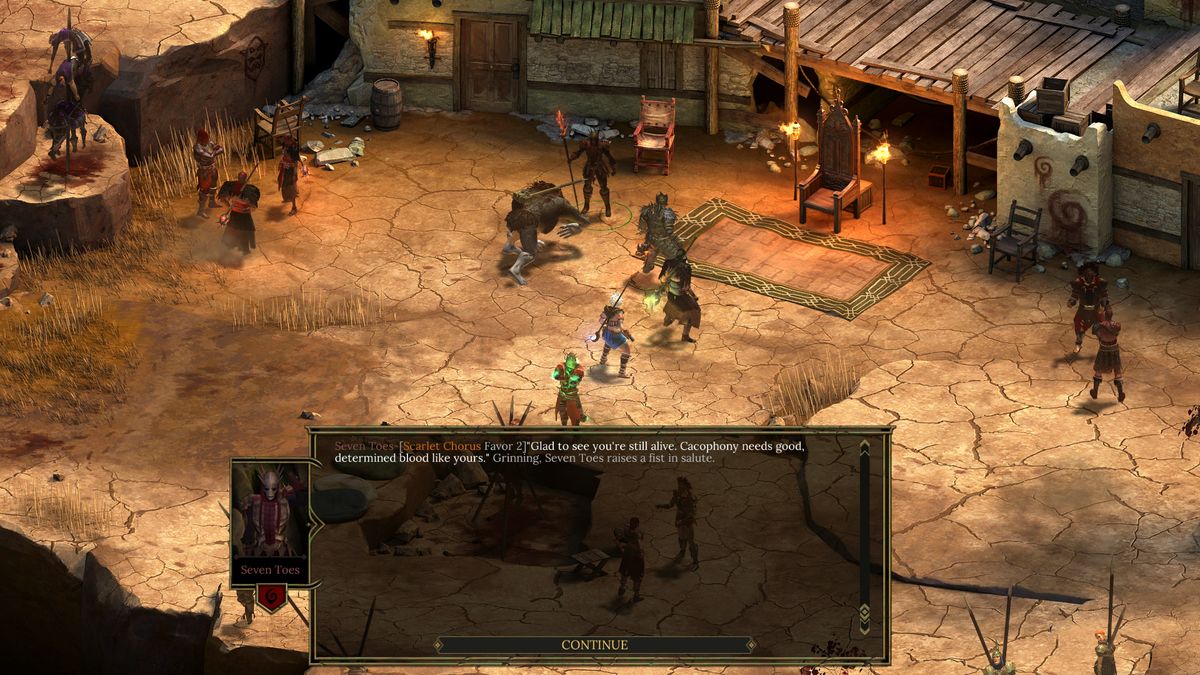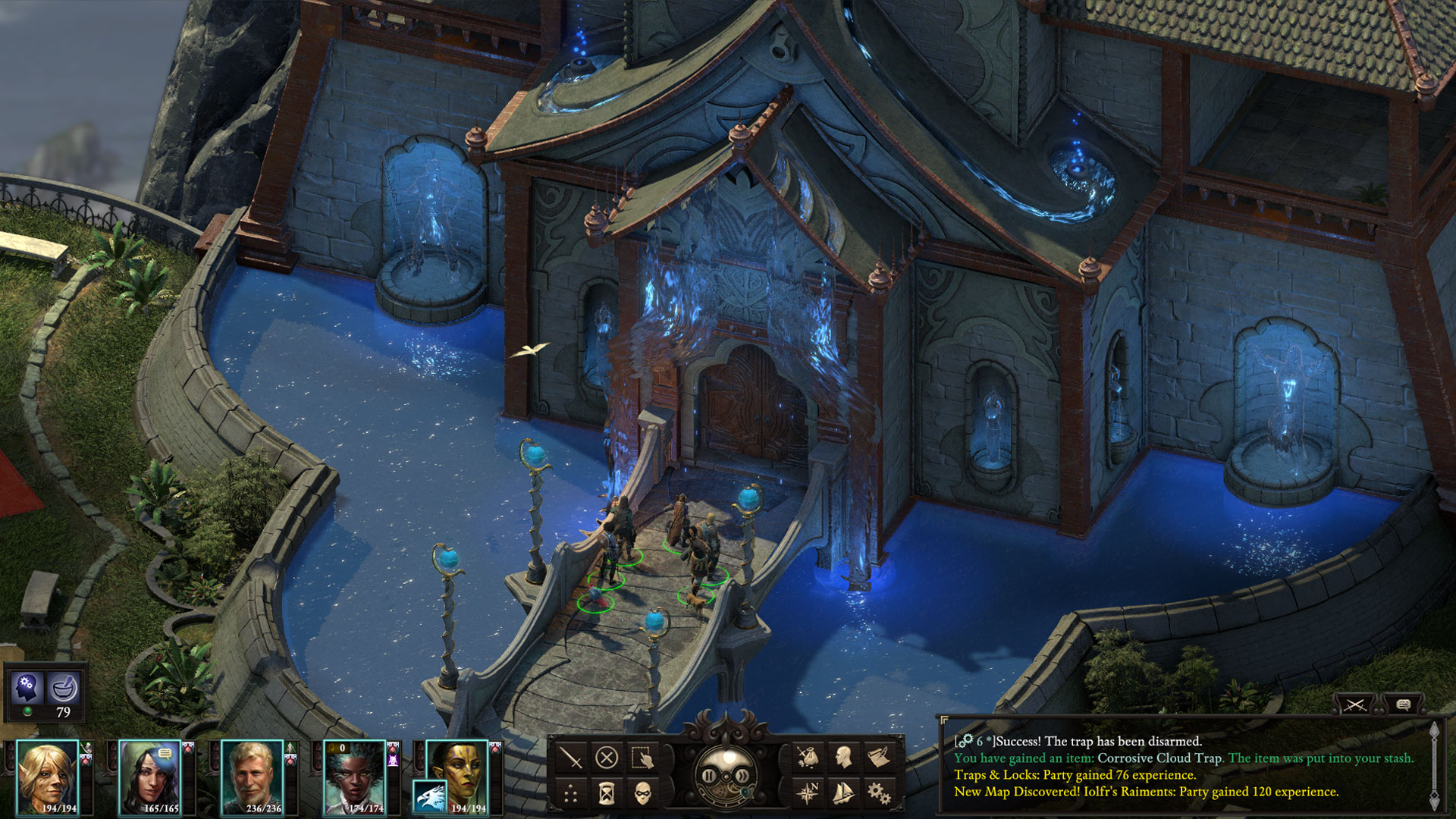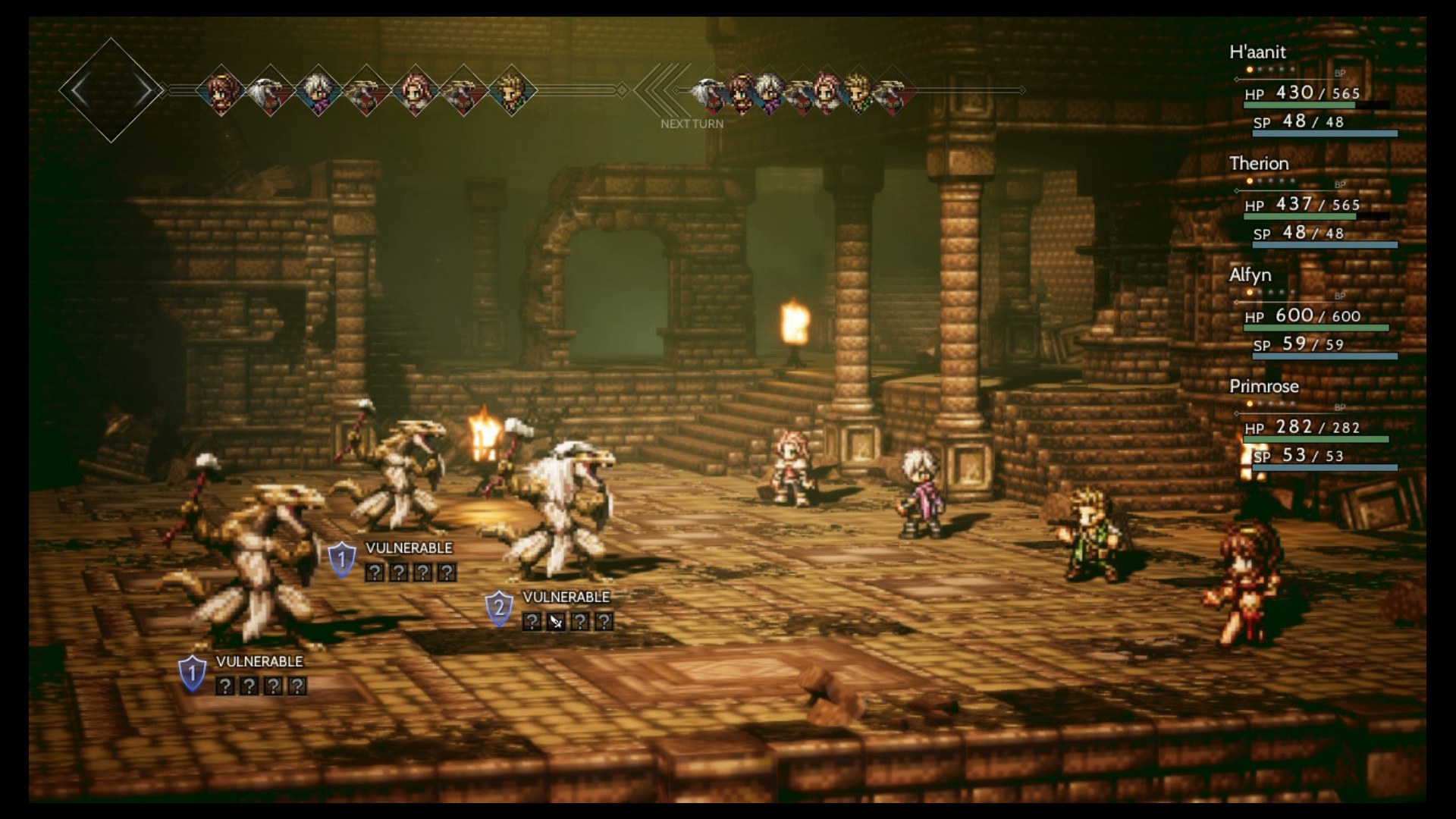
1. I had security
I'm listing this first because I think it's foundational. It's extremely difficult to work on health when you're feeling insecure about your home, finances, food, and paying the bills. I lost that security when moving to SC, because our finances and tighter and rent for a decent home is way too expensive. We found a house to rent, but we're questioning if we need to move to the bigger city so that I have access to jobs, healthcare, and food. It's hard for me to unpack and feel at home when it won't be long-term, which makes me feel unsettled. Also, this house is simply not in good condition compared to where I was living in ND, and it causes me some insecurities because I'm not used to worrying about the problems of a house this old.
In North Dakota we lived in my parent's house while they couldn't live in it, so I never had to worry about losing the home if our finances were not good that month. The house was not perfect, but it was very comfortable and in good condition. Our finances were not great there (which is why my husband needed to find a job elsewhere), but I had no reason to worry about being unable to afford what we really needed.
The stress of living paycheck to paycheck, reducing standards to make ends meet, being unable to purchase much food that works on my diet nearby, being unable to afford doctors and medical care, living with a higher crime rate than I've ever had to worry about before, and living in a place where traffic accidents and death are very high are all very destabilizing for me. I have a lot of reasons to feel stress here. And stress = illness.
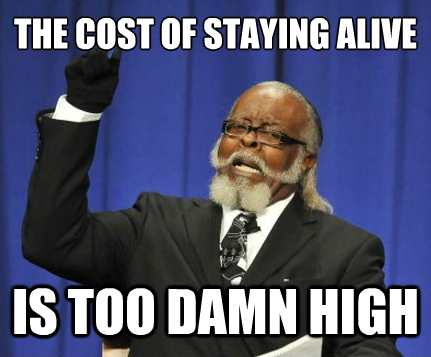
2. Everything I needed was within a 20 minute drive
Bismarck was a basic medium-sized city of around 80k. It didn't have many amenities of larger cities, and it was a 7 hour drive from any larger city (Fargo was 3 hours away, but Fargo doesn't have much.) It did, however, have enough within a short driving distance. This is very important because it's difficult for me to drive far, and I only drive when I'm feeling strong enough and capable enough. I found a job that worked with my health abilities only 7 minutes away from home. I had access to organic food at my job and through two other stores that were 5 minutes away from home (one was a Natural Grocers, which provided the largest selection.) I had access to a phenomenal acupuncturist only a 12 minute drive away. I had access to MDs as needed, only a 7 minute drive away. I had a walking trail behind my house, so no need to drive to it. I had access to 2 restaurants that made meals I could eat on my diet, both within a 7 minute drive. I had access to the best regenerative beef money could buy through my job and they delivered to a location 5 minutes away from my house. Seriously - everything I needed to live comfortably was close. (Now I did have to travel for specialized medical care - but that's normal for most people.)
Here in Gaffney, SC... I don't have any of that. I can't find a job that works with my needs. There are 3 grocery store options, and 2 of them don't offer much I can eat. The 3rd is Aldi, which is good on my budget when they have things worth buying, but they don't sell everything I need. I can't rely on them. The farmer's market here is tiny, so while I can buy some things there, I can't rely on to meet my needs. There are no acupuncturists in this town, but if I drive 35 minutes north there's a phenomenal acupuncturist. The problem is he's out of my budget and I can't always safely drive 35 minutes at a time. I typically don't do well driving longer than 15 minutes at a time, unless it's a good day and I took the right pills first. There really aren't any restaurants here that make safe food for me - I can get away with eating at 2 places, but I have to cheat on my diet to eat the meals that are mostly safe. As for medical care? I haven't used the local hospital here, but it's a very small town.
What this means is that I can't be independent here. My husband has to drive us to the bigger city once a week to go buy food, and the grocery options aren't great either. We found a Fresh Market (holy expensive prices, Batman!) and a Publix (better than anything in Gaffney) within a 35 minute drive of home. The farmer's market was great in the summer, but that doesn't help me in the winter. Fresh Market does sell a lot of things I can eat on my diet, but sheesh, it's going to bankrupt me to shop there. (Numi organic deli meat is $8/pack at Earth Fare, and it's $10.99/ pack at Fresh Market.... I mean, seriously... and all their food is marked up like that.) It's honestly better to drive 1 hour away from home to get to an Earth Fare and Whole Foods, both of which are cheaper (even considering the gas to drive there.) Yes, Whole Foods is cheaper - not joking. Actually Whole Foods isn't that expensive, it's just easy to spend your whole paycheck there because they have so much worth buying! Anyway... I'm alone and isolated here Gaffney, totally reliant on my husband to be able to help me get what we need.

3. I had a job - a GOOD job
This one is HUGE. I think I knew it while I was living there and working, but I don't think I realized the full extent of how helpful it was for me. I had a job working in a place that aligned with my needs, values, world view, and health. It paid me some money, even though I couldn't work many hours. Most importantly, it gave me a sense of purpose. I felt like, despite my poor health and inability to do much, it allowed me to feel like I was contributing to society and a better world. It gave meaning to my life. It gave me a community to be part of. It helped me socialize. It allowed me to spend my limited energy in a useful way. These things were super important. SUPER IMPORTANT.
Being unable to find a job that works with my needs is a huge punch to the gut here. It has caused me a lot of insecurities, depression, despair, and feelings of worthlessness. Poor emotional health makes it very difficult to manage physical health. I lost a lot by moving here.
I worked for Terry's Health Products in Bismarck. Check them out and support them! Such an amazing small local business, and they will ship!
4. Family
My family moved back to North Dakota. My husband's family is all in North Dakota. Having family nearby is very important. Family gives community, connection, support, love, hope... family is everything.
Suddenly being far from family is... lonely. It feels a little like death, in a way. Sure, we have phones, but it's not the same as living nearby and experiencing the same life.
 |
| Mom is so good to me, and so awesome! |
5. North Dakota was not as moldy as South Carolina
Mold is a way of life here. It's everywhere I go. The humidity is high, it rains a lot, buildings are old and in poor condition, people aren't educated enough to realize it's a health problem, and the soil itself is moldy. I'm allergic to mold. In fact, mold is one of my root causes of my all health issues (the other was H1N1/ Swine Flu.) I'm literally living a place that's poisonous to me.
North Dakota weather could lead to mold damage in buildings and homes. Summer humidity could be high, though not as high as here. Excess snow could lead to moisture damage in buildings not prepared for it. The house I was living in did have external mold problems that had to be remediated. I had a mold scare there, but it wasn't as severe as anything here. Not everywhere was moldy in ND. Here pretty much everywhere I go is moldy.
Kindling Health: Source of Mold - My Reaction (kindlingheatlh.blogspot.com)
6. North Dakota allergens were nothing compared to South Carolina allergens
Okay so I did have some allergy issues in North Dakota - it's an agricultural state that grows a lot of corn and wheat, and I'm allergic to both. That wasn't a problem in the city though. There were a few trees and grasses there that caused me some allergies, but overall I was able to get a handle on my allergies there. Actually it wasn't much of an issue in the last few years. My naturopathic doctor helped me a lot, and my lifestyle changes meant I reacted a lot less to allergens.
But South Carolina? Wow. The thick yellow layer of pollen on everything was really intense for me. Add that to high humidity, high heat, and bugs EVERYWHERE. So. Many. Bugs. I'm honestly not looking forward to my first spring here... I hate dealing with the bloody noses, excess congestion, itchy eyes, cough and sore throat, hives and rashes...
Wait, what?: Sept. 12, 2013 (waitwaitwhatwhat.blogspot.com)
7. I had to learn a new place, and the learning curve is exhausting
When you have ME/CFS, it's really important not to create new stress. I learned Bismarck, and I was able to keep up with changes there. Learning this new town, new region, and new state has been really tiring for me. The little things add up and cause big problems in ME/CFS: poor sense of direction leads to confusion and inability to learn streets, not being able to remember where something was, trying to remember names of all these things places, and so on. Poor cognitive function and memory is a hallmark of ME/CFS - I do a lot better remembering old information than I do retaining new information. I need to invest time into understanding new information, and I need to read about it a lot over time until it becomes solid in my brain. So I just need time to learn this place...
And then there's learning the culture - the big picture, and all the smaller communities. Gaffney itself is considered "Deep South," which is a culture, not a location. The big towns nearby are not "Deep South," and there's quite an obvious cultural difference. A lot of it makes sense, and a lot of it is new to me... and learning how people here think has been a mental exercise for me.
Moving to a place where people hit your mailbox with a baseball bat while they drive by. They throw their beer and soda cans into your yard as they drive by. There are no laws against smoking anywhere outside. There's no regulations on the types of vehicles that can drive on roads. It's.... an adjustment. I will never take for granted when people respect each other...
